Grades in the time of coronavirus
It’s a struggle to balance accountability and compassion
Google image/Creative Commons license
A pass/fail system is compassionate, but it doesn’t differentiate average work from outstanding work.
Amid the coronavirus pandemic and associated fallout, AMSA has adopted a pass/fail grading system for the fourth quarter, as have most Massachusetts schools, per recommendations from the Department of Elementary and Secondary Education.
“We decided because of the pandemic, something none of us have lived through before, to stick with what the state strongly recommended,” Executive Director Ellen Linzey said. “And that was a pass/fail system. Because when you start going rogue from what the state recommends, and it starts going poorly, you don’t have much to fall back on.”
DESE officials have been meeting weekly with school officials via teleconference.
“[I]f districts and schools have not already implemented policies regarding credit-bearing courses [determining credit for academic work at home], we strongly recommend that academic content be graded as ‘credit/no credit’ so as to incentivize continuous learning while acknowledging the challenging situation we face,” officials stated in one press release.
But this system has its disadvantages. Being so different from the standard grading system, many students are finding that work deemed “passing” is not differentiated. In other words, students who do 70 percent of the work in a class can achieve the same grade as those who do 100 percent.
“Passing” is marked as “S+” and it counts as 99.99 percent in the grade book.
“I prefer the letter grading system because I will get credit for all of my work,” senior Kathryn Cannistraro said. “If you are someone that doesn’t do the work, then your grades will [normally] reflect that — but with this grading system you will still pass [with an A+].”
Mrs. Linzey believes that it’s still the best approach considering the pandemic and how it’s affecting the school community.
“The first priority is our physical health, the second one is our emotional health, and the third one is that when this is all over, our community is intact and we all come back together,” Mrs. Linzey said.
Mrs. Linzey also said that for students who are directly and adversely affected by COVID-19, an exemption from all work is a possibility depending on the severity of circumstances.
Be it an economic hardship or “a major loss in your family and you need to be exempted for a period of time, then we have that option, too,” she said. “It’s a compassionate system we’ve tried to put in place.”
The system is not favored by everyone. Some teachers have voiced concern that students will lose out on crucial learning and skill development and that there is little motivation to go all out if work merely deemed “passing” will result in an A+.
“There were certainly some folks [in that camp], but it was not a majority by any stretch,” Mrs. Linzey said. “It is challenging to give a kid an S+ if you’ve only seen them half of the time, and it’s a bit of an ethical dilemma.”
But, Mrs. Linzey continued, “School work is not the most important thing. Our health and families are the most important thing right now.”
Dr. Anders Lewis, the history department chair and former executive director, agreed that it was a difficult situation for all concerned.
“Other people and I, we say that we’re in a very different situation right now and we need to adapt and the system that we’ve produced is not ideal, but hopefully when we get back in the fall we’ll be back in [the physical] school and we won’t have to continue using the system.”
Dr. Lewis also spoke about the difficulty communicating with students in a remote system, considering classes are meeting online only once or twice a week.
“My students are making the best of the situation, but for me it’s hard to get a sense for how everyone’s doing,” he said. “It’s harder for me as a teacher to see how my students are holding up than the old way.”
Mrs. Linzey was adamant that she wants the focus to be on family and student health, rather than school work, saying that, after the crisis, AMSA will pick up the slack.
“You’re all gonna catch up, and we’ll have to work twice as hard next year to get you where you need to be, but this is unprecedented and we’ll treat it that way— we just need to take care of our people,” she said.

Ashton is a junior, returning to The AMSA Voice after taking a leave for a year. In returning, he hopes to get many more stories published in order to...


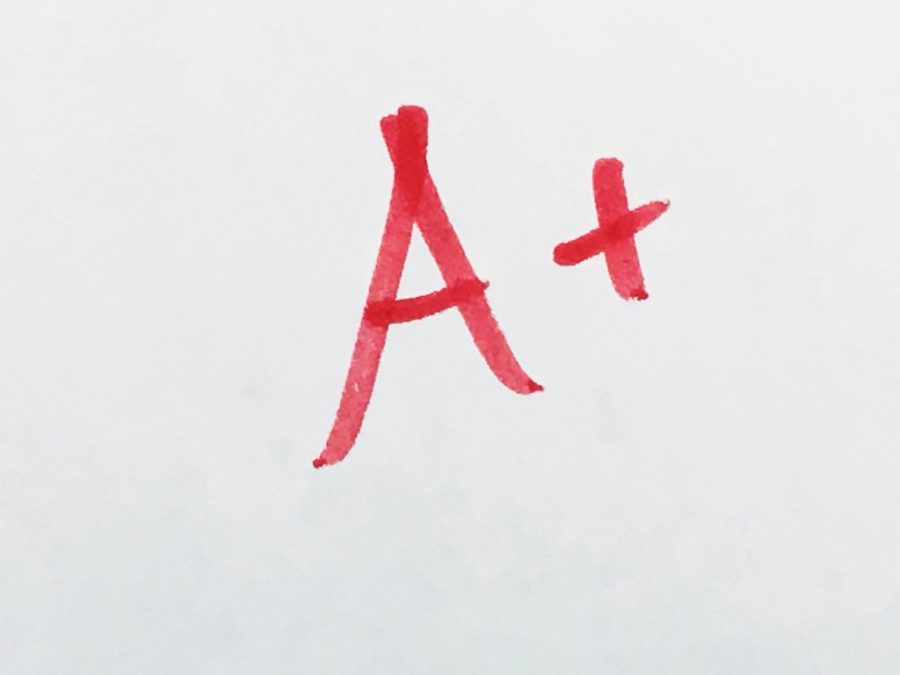
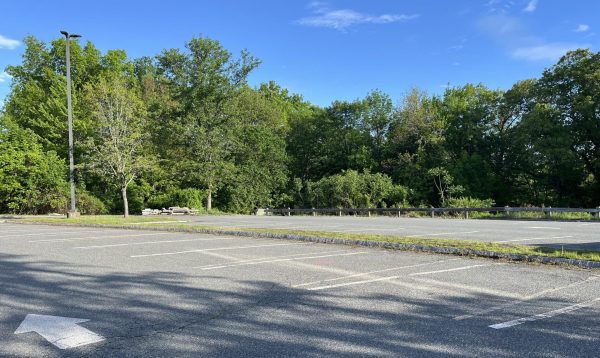
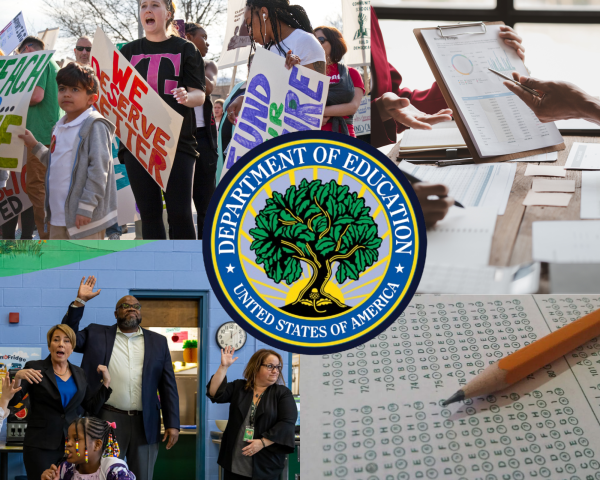
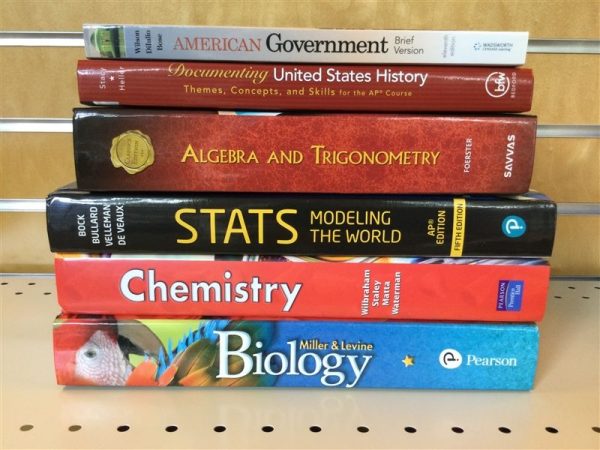
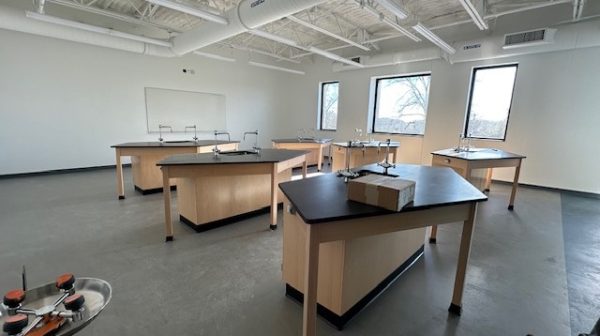

Katy Cannistraro • May 21, 2020 at 12:58 am
Such an incredible article Ash, nice work! I just want to add to what I said now that this new grading system has been in place for a few weeks. I 100% agree with Mrs. Linzey when she says that our health comes first, not academics! This new grading system does its best to accommodate everyone during this time. I believe it was Ms. Murphy who pointed out during a family forum a few weeks ago that we have almost 1,000 students which means there is possibly almost 1,000 different scenarios that the school could be dealing with, so we have to mindful of that. It is certainly not an ideal grading system (especially for teachers), but this whole situation is not ideal. Although I do still prefer the old grading system in general, I definitely prefer this current grading system during this time period.